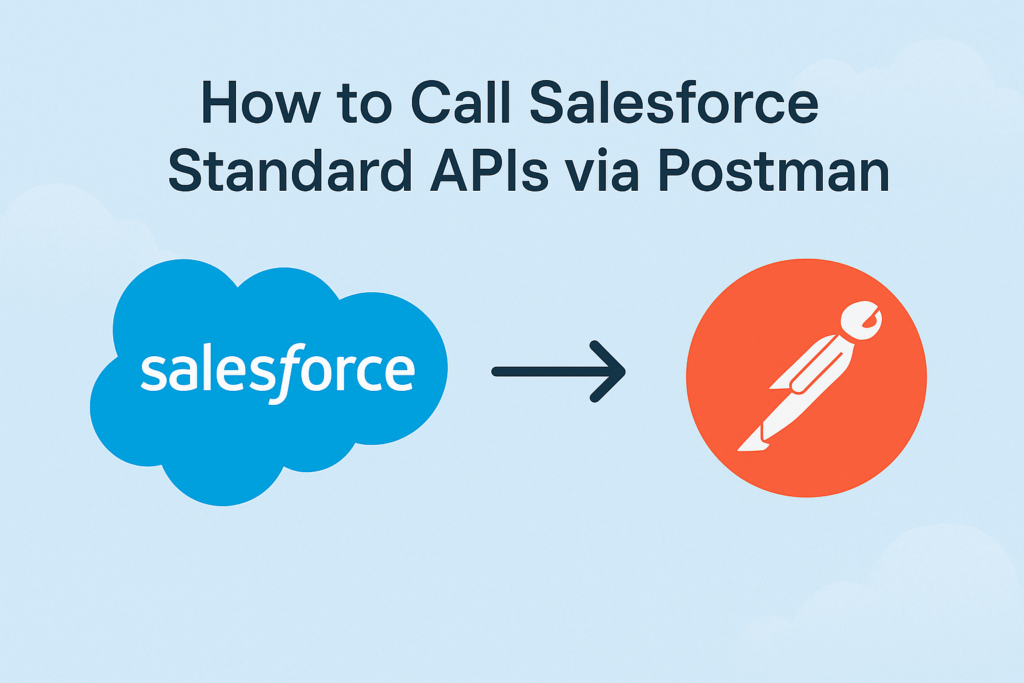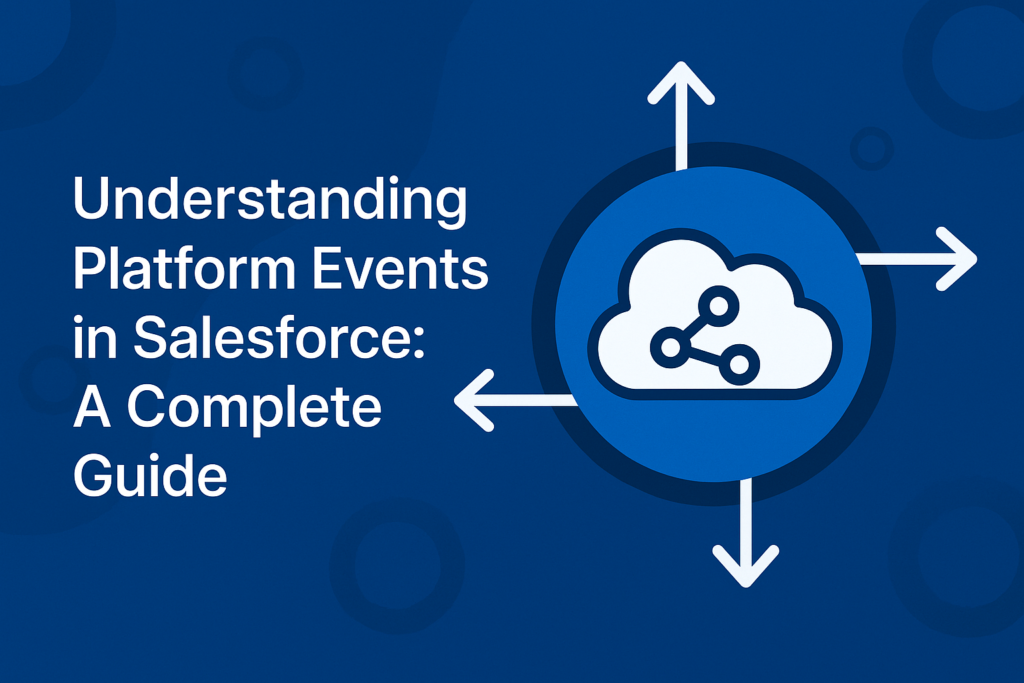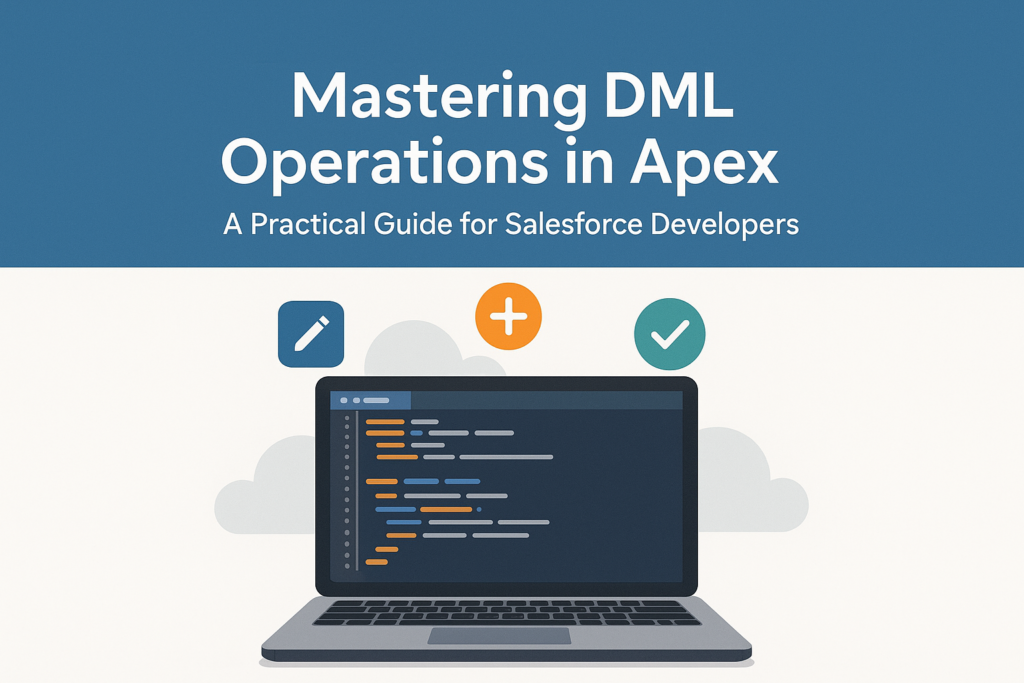How to Call Salesforce Standard APIs via Postman
🔗 How to Call Salesforce Standard APIs via Postman If you’re a developer or administrator looking to integrate or test Salesforce functionality outside of its UI, the Salesforce REST API provides powerful capabilities — and Postman is a great tool to interact with it. This guide will walk you through authenticating with Salesforce and performing […]
How to Call Salesforce Standard APIs via Postman Read More »










